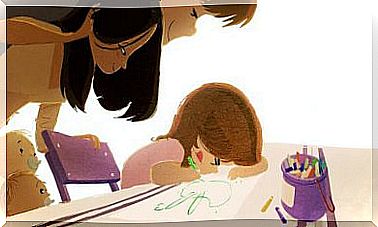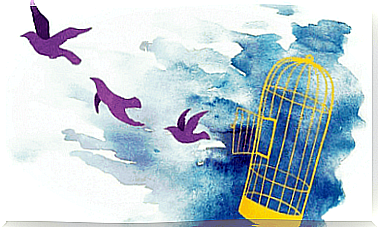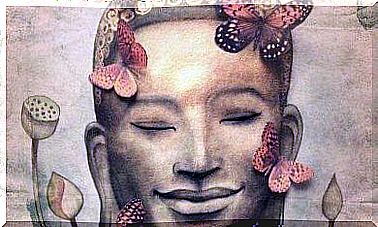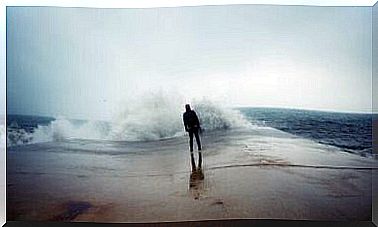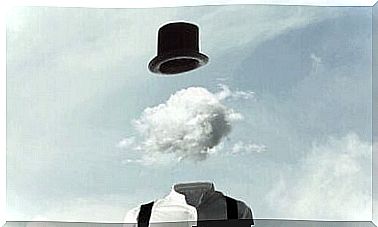Impact Bias: How Imagination Creates Monsters
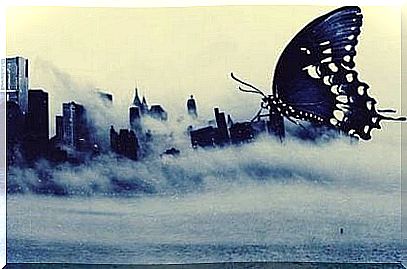
A cognitive bias is an error our brain makes when processing information. This error is due to the fact that, unconsciously, we take shortcuts based on knowledge or acquired experiences. The problem is that these shortcuts do not always lead us to correct conclusions, that is, they do not always mean real savings in energy and time. In this article, we’re going to talk about one of the most common: impact bias.
Impact bias is an error in information processing that leads to the assumption that negative situations will be much worse than they actually are. Or that positive ones will be better than they turn out to be. In other words, thinking about future situations, imagining that they may require more resources than we have, when in reality that is not the case.
An example of this is the visit to the dentist. It is common that many patients, before going through the consultation, imagine that they will suffer a lot. Fortunately, technical means have advanced and this means that much of the suffering that patients previously suffered in their chairs has disappeared or significantly diminished.
However, the idea that remained in the collective unconscious (the figure of the dentist as torturer) can make the patient imagine himself suffering for a long time. However, when it does happen, it is likely that nothing negative that was imagined will actually occur. In this case, an impact bias occurred.
Impact bias and awareness
These predictions of the future that we make are often unreliable, precisely because of impact bias. People tend to overestimate the emotional reaction we will have to future events, both positively and negatively.
All this escapes consciousness , because in the future projections we make, the emotional component influences more than the product of logic. When we look to the future, our fears, insecurities or fantasies outweigh our ability to assess variables and make reliable predictions.
In fact, not only do we imagine that negative situations will be worse or positives better than they actually turn out to be, but we also assume that their duration will be longer. For example, many believe that if we win the lottery, we will have a lifetime of fulfillment. In practice, those who have this fortune cease to see it as something exceptional, not long after they have been awarded the lucky break.
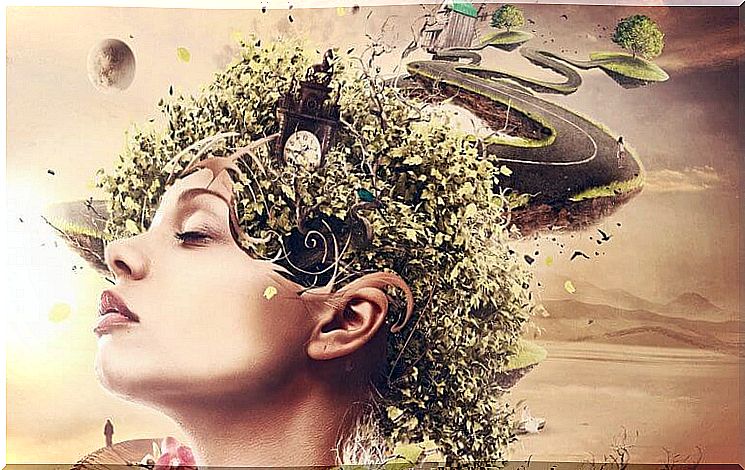
the future and anxiety
At the center of anxiety there is always a negative expectation about the future. Much of the anxiety is triggered because we expect something to go wrong in the short, medium or long term. This is precisely the root of a concern: a negative projection of what is going to happen. This perspective plants a seed of unease in us.
Thinking about the future easily leads to the so-called “mental rumination”. A constant return of the same idea, imagining possible results or visualizing different paths, without leading to action. It is a mechanical exercise of thinking “what will happen if”…
This is something very different from forecasting. In the forecast, we expect the possibility that certain eventualities will occur and we have taken action in this regard. We protect ourselves or take steps to neutralize threats. We also try to be ready for good opportunities. We act based on a real probability. The key is this: we act, instead of thinking.

imagination creates monsters
It was the great painter Francisco de Goya y Lucientes who made a remarkable painting entitled O Sono da Razão Produces Monsters. In the image, a person is seen curled up and surrounded by ghostly and menacing beings. The image says it all and corresponds to something psychology detected long after the painting was done.
This is basically what happens in impact bias, particularly in the face of negative forecasts. If a person falls into the trap of obsessively thinking about negative events or sufferings that may occur in the future, they will eventually carry extra pain that is foreign to the situation itself.
We speak of a self-generated suffering in itself, most of the time automatically. The future frightens us, in a way, because it’s unknown. Also because death is on the horizon.
If we focus on the future and the painful possibilities that lie there, chances are we’ll end up living with an unbearable amount of ghosts.
Impact bias causes us to flood all our expectations with a tragic fragrance: a habit that wears us out. So it’s always better to look ahead, keeping in mind not so much what’s going to happen but our ability to cope.

